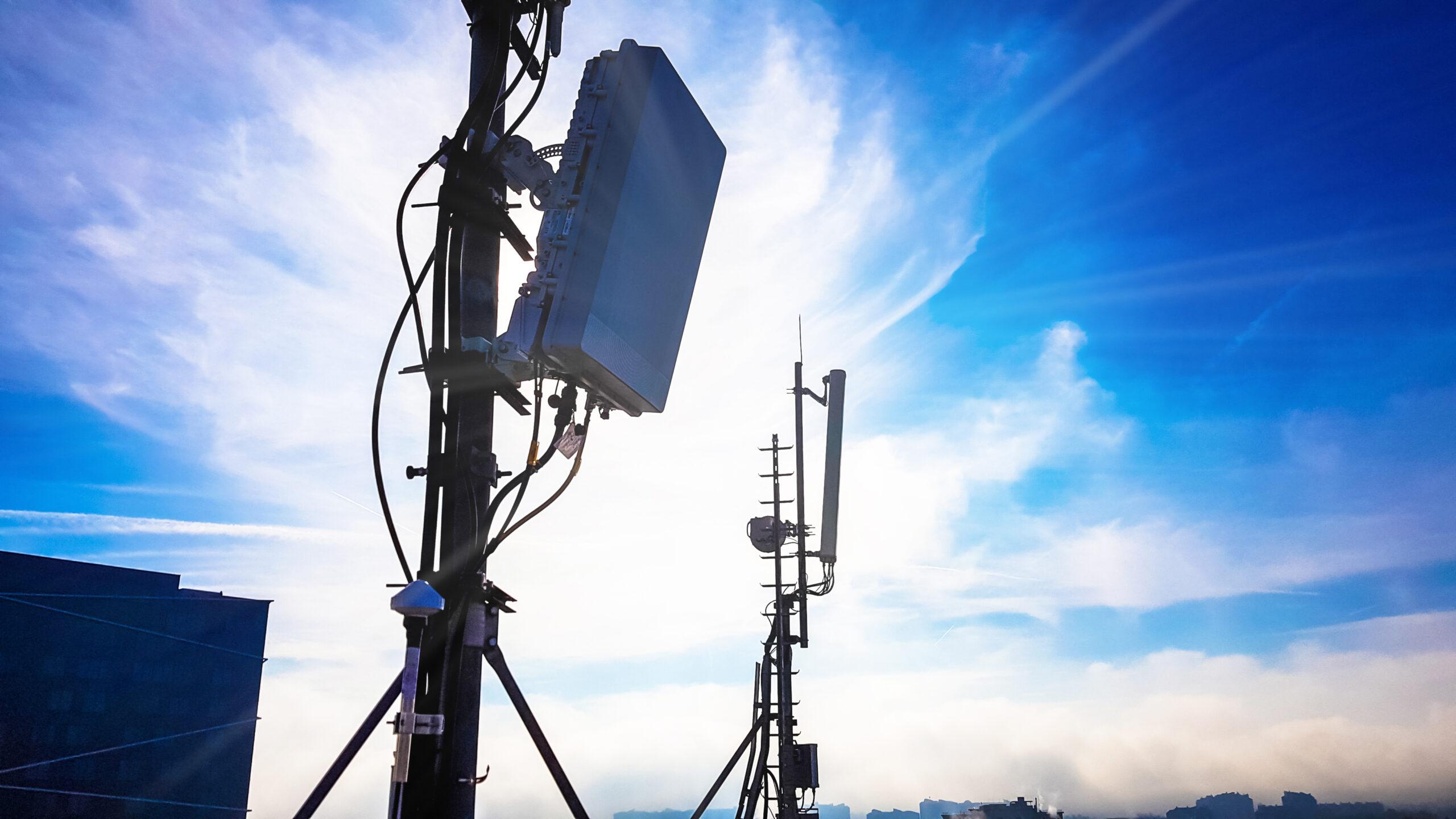Business News Daily provides resources, advice and product reviews to drive business growth. Our mission is to equip business owners with the knowledge and confidence to make informed decisions. As part of that, we recommend products and services for their success.
We collaborate with business-to-business vendors, connecting them with potential buyers. In some cases, we earn commissions when sales are made through our referrals. These financial relationships support our content but do not dictate our recommendations. Our editorial team independently evaluates products based on thousands of hours of research. We are committed to providing trustworthy advice for businesses. Learn more about our full process and see who our partners are here.
SMBs to Benefit From FCC’s Rural Broadband Expansion
The $1.2 billion in funding for broadband approved by the FCC could help rural small businesses in a big way.

Table of Contents
Businesses in rural America will benefit from a push to bring more broadband internet to 32 states over the coming years after the Federal Communications Commission’s (FCC) recent decision to approve $1.2 billion in funding for the project. This funding will come through the Rural Digital Opportunity Fund. It represents the sixth wave of funding for rural broadband projects.
Businesses of all shapes and sizes could benefit from this broadband expansion. In fact, 17% of American small businesses are based in rural areas, which comprise 97% of the country. Here’s what to know about the business impacts of the FCC’s additional broadband funding.
Expanding internet service across the U.S.
The FCC will bring additional broadband internet access to more than 1 million locations through 23 broadband providers with this latest round of funding. This initiative is the FCC’s “largest funding round to date,” according to an FCC press release. The funding is part of a plan that would direct $20.4 billion in total toward the expansion of rural broadband internet access over the next 10 years.
Through the Rural Broadband Accountability Plan, the 23 broadband providers will undergo twice as many verifications and audits in 2022 as in 2021. The providers that receive the most funding must undergo an additional on-site audit. Further verifications and audits will also be required for high-risk providers.
A new aspect of this round of funding is that the FCC will publish the results of these audits and verifications for the public to see.
“The new Rural Broadband Accountability Plan will speed up our audit and verification processes and for the first time make public the results of verifications, audits, and speed and latency testing,” said FCC Chairwoman Jessica Rosenworcel. “These new measures will help ensure that the providers we fund in this program will do the job.”
Anyone interested in reviewing the audits and verifications can do so on the Universal Service Administrative Co. website, which will also display the results of the 23 providers’ speed and latency tests.
Did you know? Several of the states with the fastest-growing small businesses have significant rural populations, showing that businesses in rural America make significant contributions to the U.S. economy.
Broadband extension’s impact on small businesses
For small business owners in rural America, the introduction of broadband internet could be a significant boon. Most business applications require an internet connection for some features, so a speedier connection should help boost productivity.
John Gard, the president of Wisconsin Independent Businesses, wrote an editorial in 2018 that remains pertinent today amid the FCC’s ongoing rural broadband expansion. In the Green Bay Press-Gazette, he wrote that broadband access was paramount for that state’s small business development and local economies.
“The importance of a safe, reliable internet connection for small business and economic development cannot be understated … As opportunities in the tech industry continue to grow, someone with a knack for computers in Bayfield will have the same opportunities as anyone in the Bay Area so long as they have a reliable broadband connection,” he wrote.
With a reliable broadband connection, small businesses can take advantage of VoIP for business, cloud computing services, cloud backup services and much more.
Did you know? Some of the best business security systems rely on a broadband connection to transmit emergency signals.
Small business activities that broadband internet supports
The internet is the backbone of virtually every small business activity. Rural businesses lacking a strong internet connection could struggle with the below activities in particular.
- Email marketing: The best email marketing platforms help small businesses personalize and automate their customer engagement. This engagement is as important for rural businesses as for metropolitan companies, and email remains a viable route for encouraging it. In fact, 90% of Americans older than 15 across the country use email, according to Statista.
- Video conferencing: Rural B2B business owners may need to meet with prospects or clients to make sales or discuss ongoing projects. Sometimes these meetings fare better in person, and that may mean going to an airport. However, many rural communities lack easy airport access, so they’ll use well-regarded video conference services to approximate face-to-face meetings.
- Online reputation management: Small businesses in rural areas rely on online customer reviews just as much as companies in densely populated regions. And no business anywhere fares well when online reviewers are saying bad things about them. The best online reputation management services can generate more great reviews while masking negativity – but they’re inaccessible without the internet.
- Accounting: Over 65% of Americans use online banking, which makes accounting software a must for any small business anywhere in the country. Of course, all the best accounting software platforms require an internet connection to access and use. This software is of the utmost importance for small businesses as they determine whether they can afford certain purchases or expenditures.
Rural internet FAQs
Here are the answers to a few common questions rural small business owners ask about internet access.
Why is the internet so slow in rural areas?
Internet connectivity structures in rural areas have historically been poorly maintained. For example, the insulation around the copper wires that provide internet connectivity may be worn down, or the wires themselves could be frayed. The FCC’s rural broadband internet funding rounds have attempted to address this issue.
How do you get internet in a rural area?
Rural small business owners may fare best with a satellite internet plan since it’s highly accessible and affordable. However, satellite broadband can be slow and unreliable. Fiber-optic internet is another viable option, though it’s not available everywhere. That leaves you with cable, but the farther you’re located from a cable service point, the lower your speed will be.
Another option may be 5G home internet. Big-name internet service providers such as Verizon and T-Mobile have been known to offer heavy discounts to incentivize 5G signup. In an Opensignal study in late 2020, some rural 5G internet users reported download speeds of 53.4 Mbps – significantly greater than the 25 Mbps often considered “advanced” service.
What has the federal government done to expand rural broadband access?
Prior to the January 2022 funding round, President Joe Biden had allocated $65 billion for nationwide household broadband access in November 2021. Around the same time, the FCC started a program that provides lower-cost broadband internet access to low-income households. And in 2018, the Connect America Fund Phase II auction resulted in $1.49 billion for internet providers to expand rural access.
Andrew Martins contributed to the writing and reporting in this article.















